
Grades:
6th Grade, 7th Grade, 8th Grade
For this lesson, students will be using the LEGO Spike Prime Kits and LEGO Mindstorm software. Students will write programs using the Color Sensor to make the Driving Base autonomous. A variety of

Grades:
1st Grade, 2nd Grade, 3rd Grade
We begin with the observation of a phenomenon - the spinning pioneer button. Students make their own spinning pioneer button and experiment with different lengths of string. With teacher input and

Grades:
7th Grade, 8th Grade, 9th Grade, 10th Grade, 11th Grade, 12th Grade
Want to incorporate the Arts into your 7-12 STEM classroom? The Global Science Opera provides a way to do just that! Learn how to facilitate a STEAM collaboration with arts teachers to make it happen.

Grades:
4th Grade, 6th Grade
This project consists of the final part of a four-part unit for 4th and 6th-grade students exploring Arizona's science standards. Students will study how living things compete for energy and resources

Grades:
4th Grade, 6th Grade
This project is the third of four parts involving 4th—and 6th-grade students exploring Arizona's science standards. Students will learn about how human activities impact the environment, competition

Grades:
6th Grade
Students are challenged to create a battlebot that will be powered by a sphero and compete against other bots. Each bot will have an inflated balloon attached to the back. The objective is to pop

Grades:
6th Grade, 7th Grade
Students will be presented with the phenomenon of a plant that has been sealed in a bottle for over 50 years. In this lesson students will participate in investigations, conduct research, and utilize

Grades:
2nd Grade
Students will learn about the life cycle of a butterfly. After learning about the butterfly life cycle, students will engineer a butterfly out of various materials and make it fly without touching it.
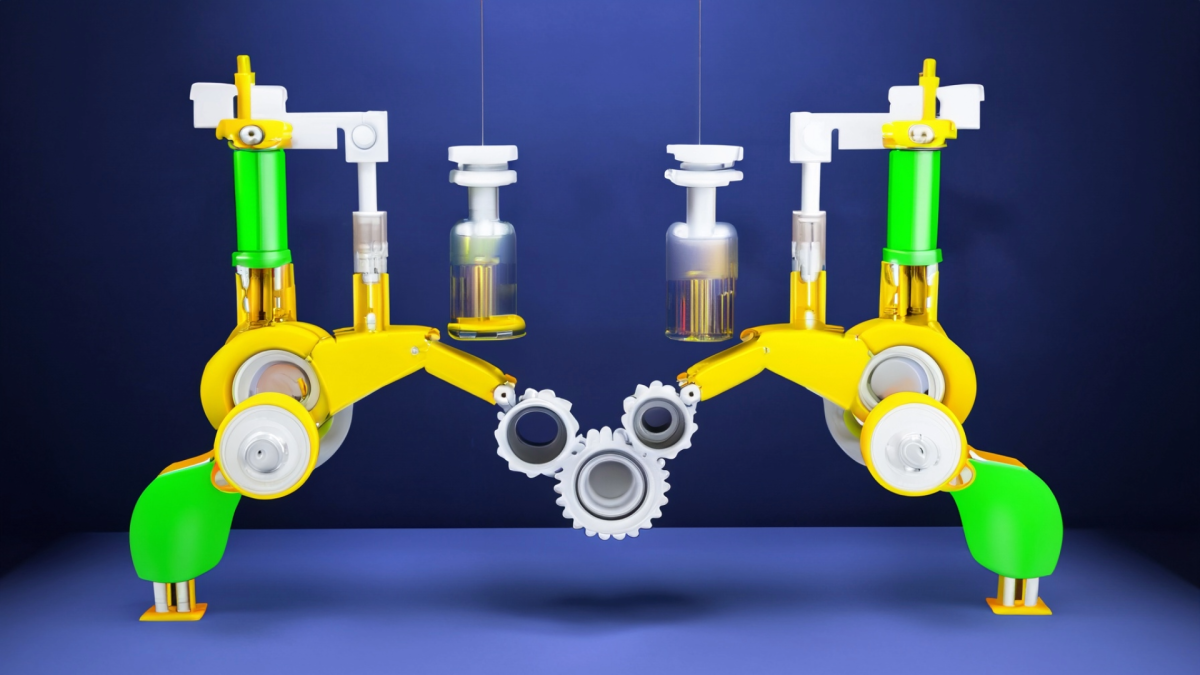
Grades:
Kindergarten
Kindergarten students will be given a STEM case to solve! The goal is to build a bridge for two different sized/weight of vehicles. Students will research types of bridges and decide which bridge will
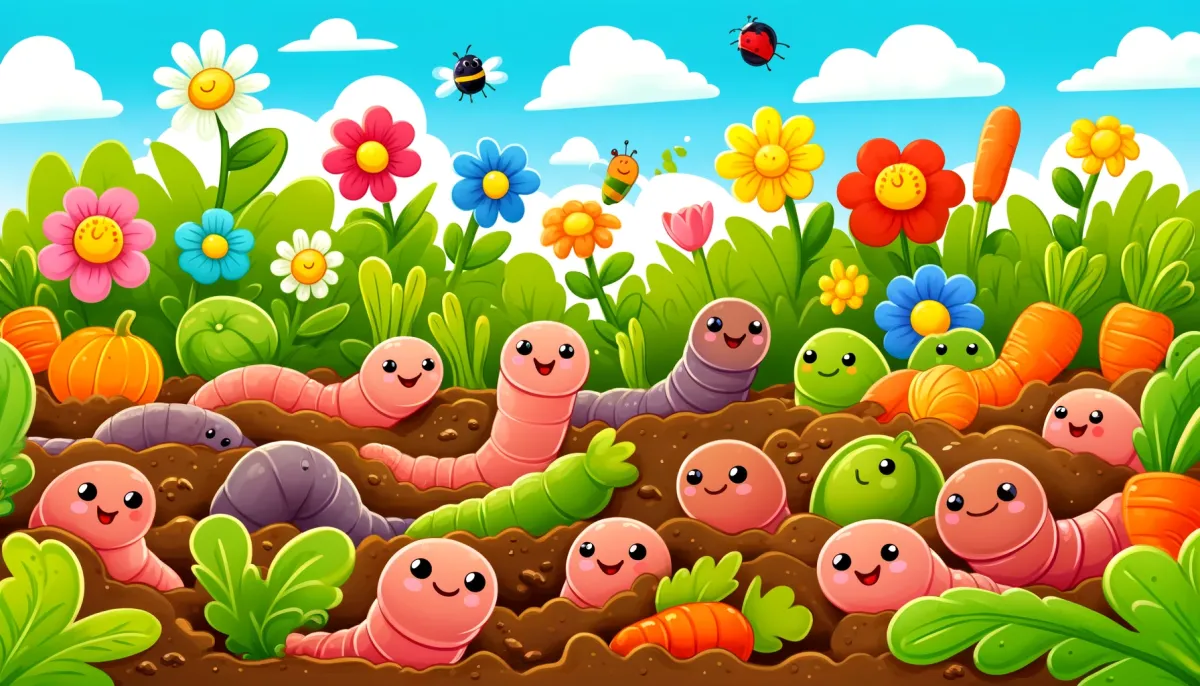
Grades:
1st Grade, 2nd Grade, 3rd Grade
This lesson is intended as a follow up to the Closer Look at Worms lesson. In this lesson, students explore the video creation platform, FlipGrid or alternative app, and make their own videos. They

Grades:
6th Grade
Students will track and collect data on the growth of micro-greens. They will also make a time lapse animation of the growth of the micro-greens.
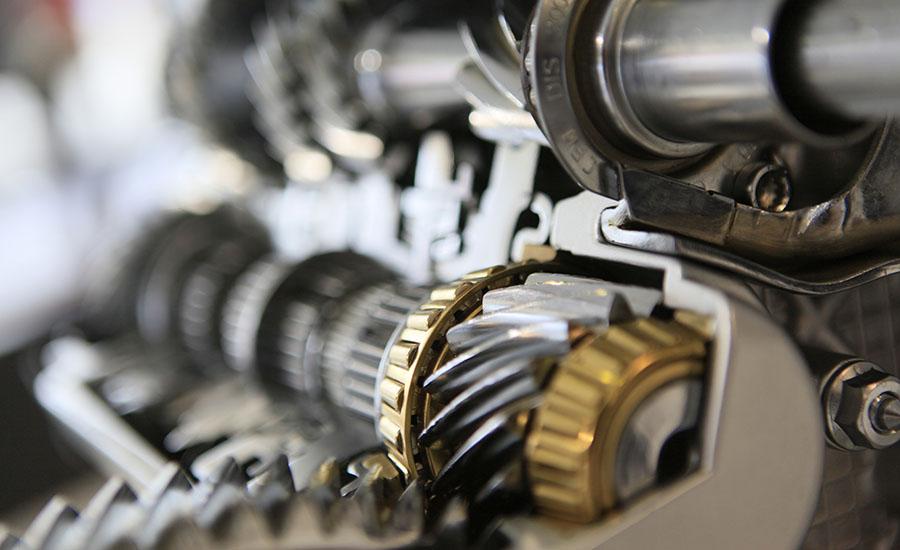
Grades:
10th Grade, 11th Grade, 12th Grade
This is part 2 of a two-part series. This lesson looks deeper into early electronic encryption tools and how they relate to cryptography today. The tools discussed are: Hebern Rotor Machine, Enigma
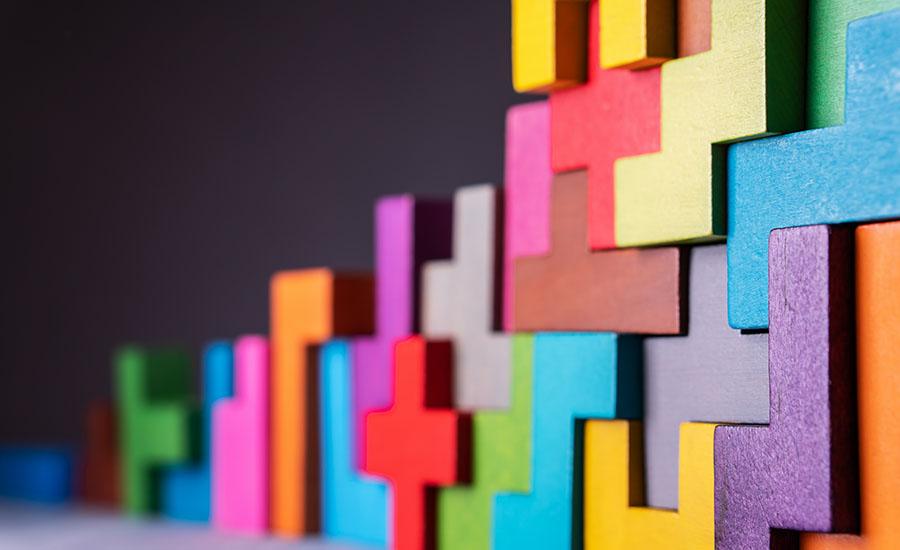
Grades:
9th Grade, 10th Grade, 11th Grade, 12th Grade
This lesson is a follow-up to the lesson titled "Creating Sustainable Solutions with Bioplastics Part 1". In this lesson, students evaluate different ingredients for bioplastics and create a minimum

Grades:
9th Grade, 10th Grade, 11th Grade, 12th Grade
In this lesson students evaluate the advantages and disadvantages of conventional, petroleum-based plastics, bioplastics, and their different varieties. The lesson is driven by class/group research

Grades:
Kindergarten, 1st Grade, 2nd Grade, 3rd Grade
This is a series of 4 lessons lasting 30 minutes each. This is the first of two slide decks of lessons focusing on worm inquiry and technology. The lessons in this slide deck use digital microscopes
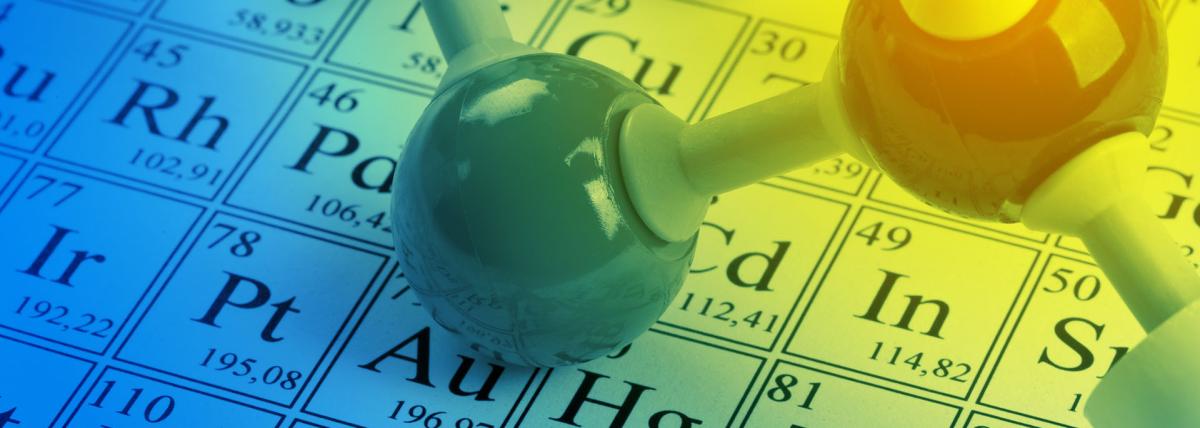
Grades:
10th Grade, 11th Grade, 12th Grade
Students will unravel the intricacies of environmental impact analysis, gaining insight into its pivotal role in evaluating the sustainability of chemical processes. Through a blend of explanation

Grades:
1st Grade, 2nd Grade, 3rd Grade
In this lesson the students will listen to the book THE WATCHER: Jane Goodall's Life with the Chimps and then engage in building a tool to collect the most ants in a timed setting.

Grades:
Kindergarten
This lesson provides the opportunity for kindergarten students to develop a mock oil spill and develop methods to help ocean life after an oil spill. Student will hypothesize methods that can
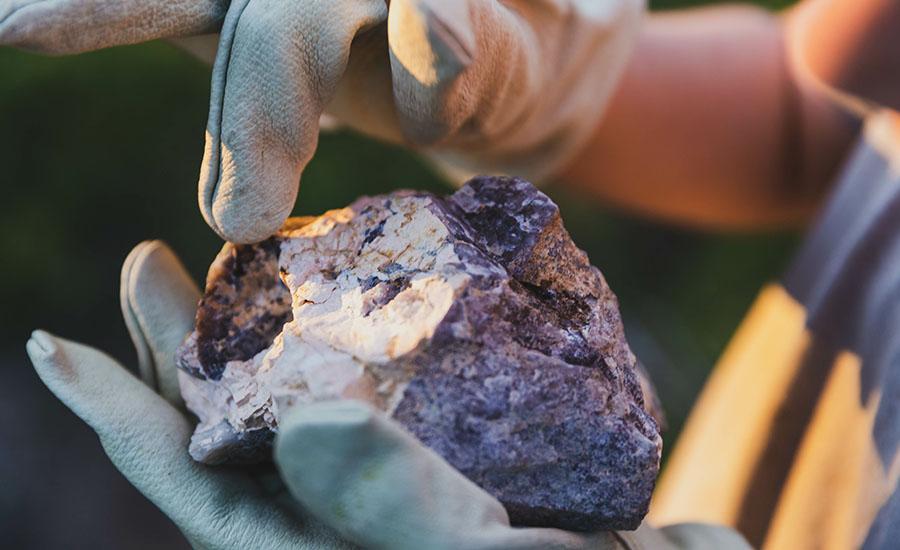
Grades:
5th Grade
In this lesson students will get the chance to mine for ore but then work on the processing phase and manufacturing phase of mining. Students will mine their ore (peanuts), process their ore (shell

Grades:
Kindergarten, 1st Grade
In this lesson students will explore bugs and their attributes. Students will also understand the difference between an insect and a bug, use math skills such as counting and symmetry, and also have

Grades:
10th Grade, 12th Grade
This lesson builds on the Part 1 of Urbanization Impacts in the HS Environmental Science classroom. In this lesson, students are utilizing their knowledge to create models of solutions to the

Grades:
7th Grade
In the STEM Pine Cone Decoration lesson, students will embark on a creative and hands-on exploration of nature-inspired crafting, integrating science, technology, engineering, and math (STEM) concepts

Grades:
4th Grade, 6th Grade
This is the third lesson as a part of the 4th and 6th grade crossover project. Lesson one introduces the students to the idea of abiotic and biotic factors and how they interact with each other
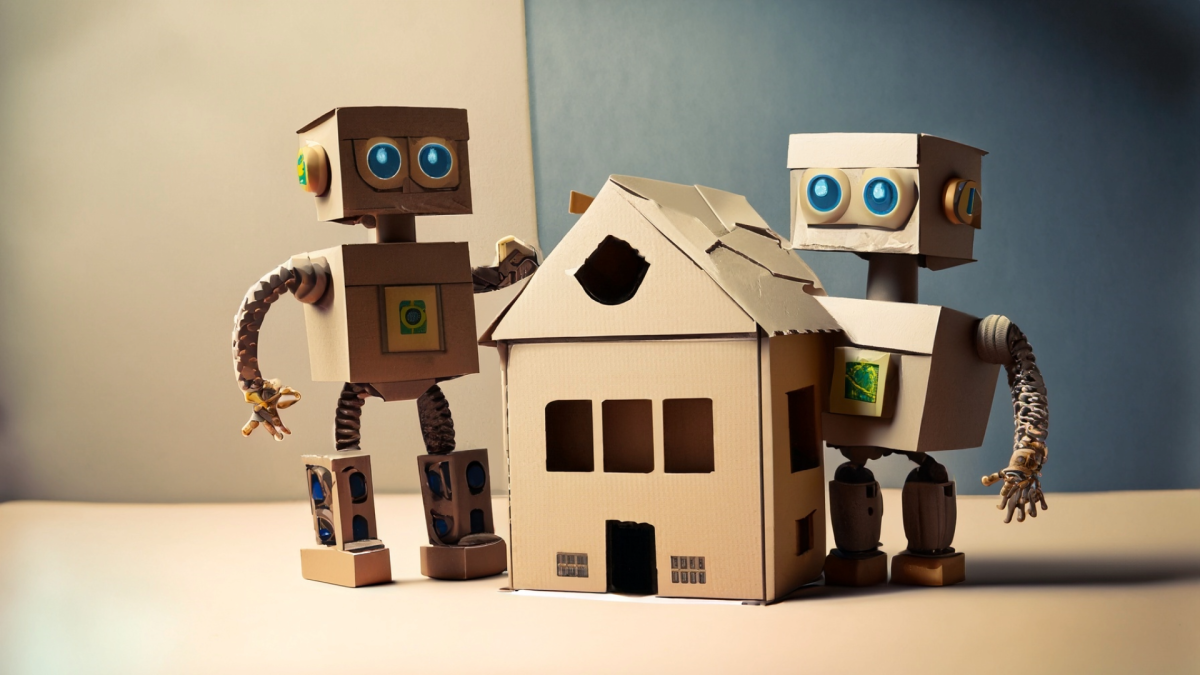
Grades:
6th Grade
In this lesson it will take two or more days for groups or student(s) to build their eco friendly sustainable house. They need to consider their budget as well as what materials will represent each


